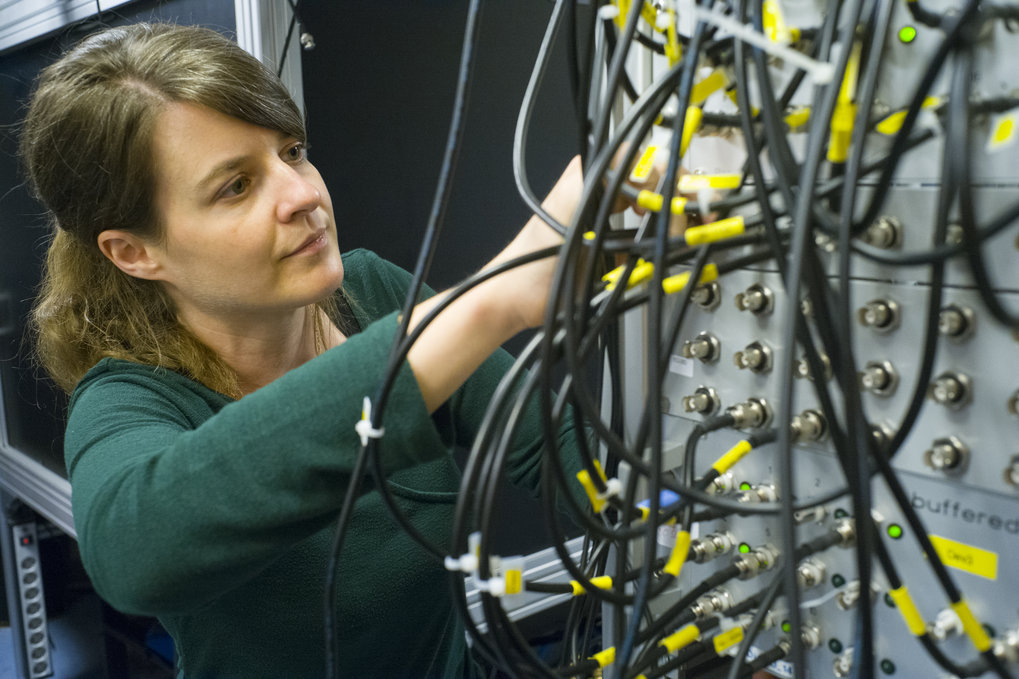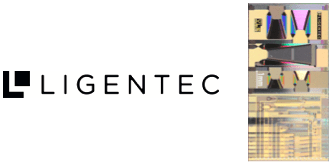The quantum computation of electronic energies can break the curse of dimensionality that plagues many-particle quantum mechanics. It is for this reason that a universal quantum computer has the potential to fundamentally change computational chemistry and materials science, areas in which strong electron correlations present severe hurdles for traditional electronic structure methods.
Researchers at Microsoft Quantum and ETH Zürich have presented a state-of-the-art analysis of accurate energy measurements on a quantum computer for computational catalysis, using improved quantum algorithms with more than an order of magnitude improvement over the best previous algorithms.
As a prototypical example of local catalytic chemical reactivity they considered the case of a ruthenium catalyst that can bind, activate, and transform carbon dioxide to the high-value chemical methanol. They aimed at accurate resource estimates for the quantum computing steps required for assessing the electronic energy of key intermediates and transition states of its catalytic cycle.
In particular, they presented new quantum algorithms for double-factorized representations of the four-index integrals that can significantly reduce the computational cost over previous algorithms, and they discussed the challenges of increasing active space sizes to accurately deal with dynamical correlations.
They addressed the requirements for future quantum hardware in order to make a universal quantum computer a successful and reliable tool for quantum computing enhanced computational materials science and chemistry, and identify open questions for further research.
The paper can be read there.


